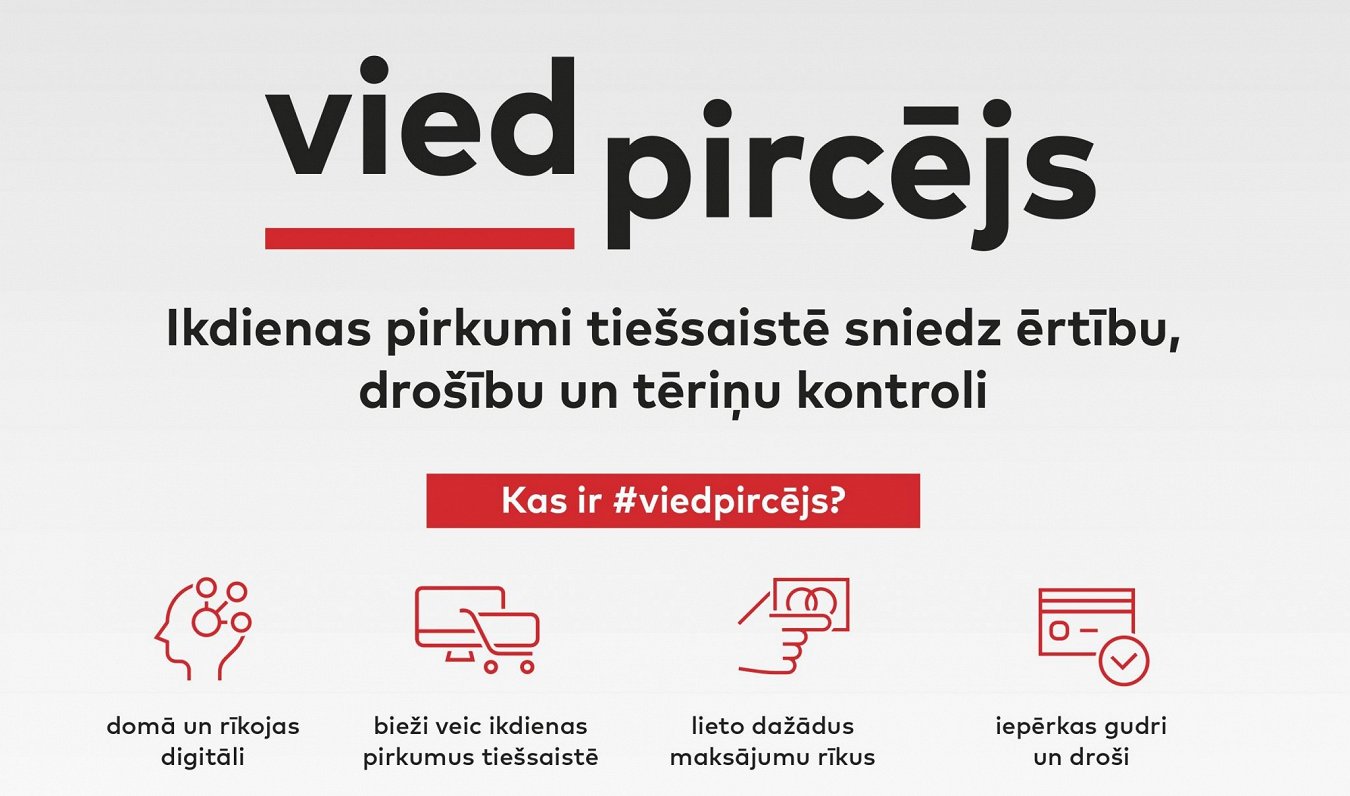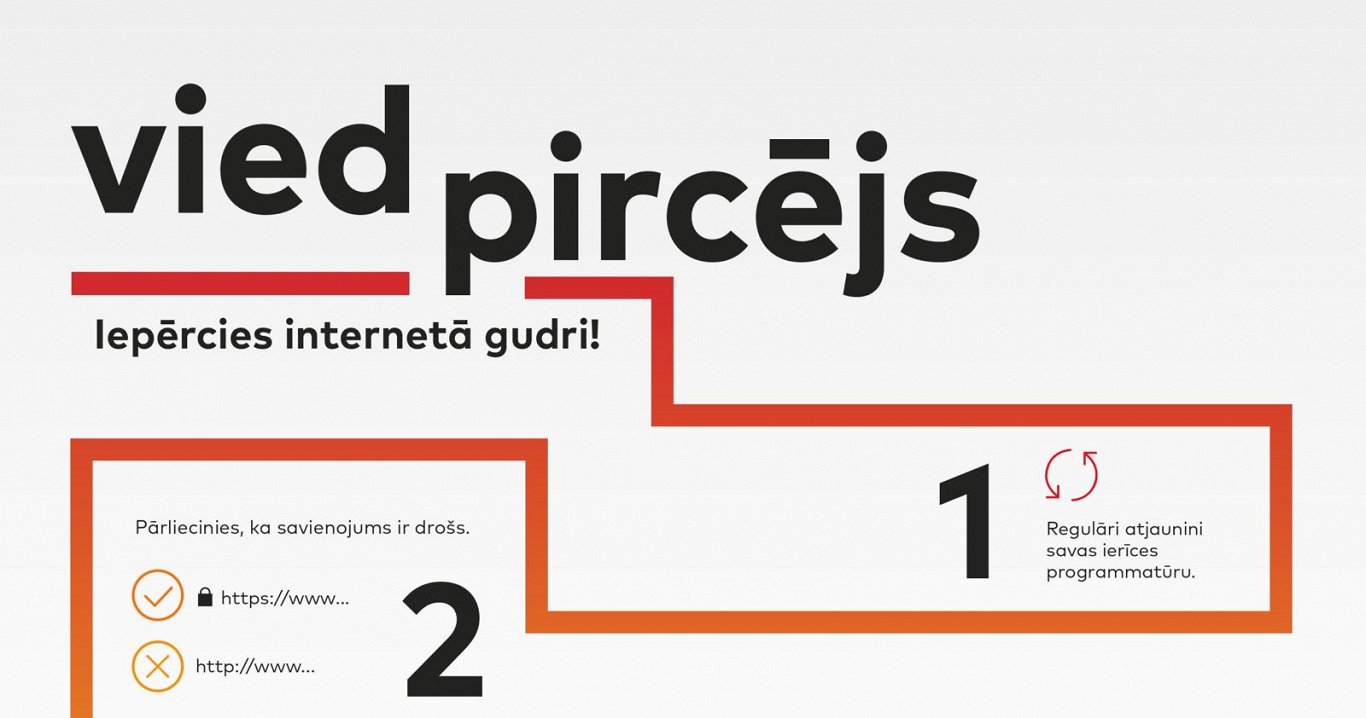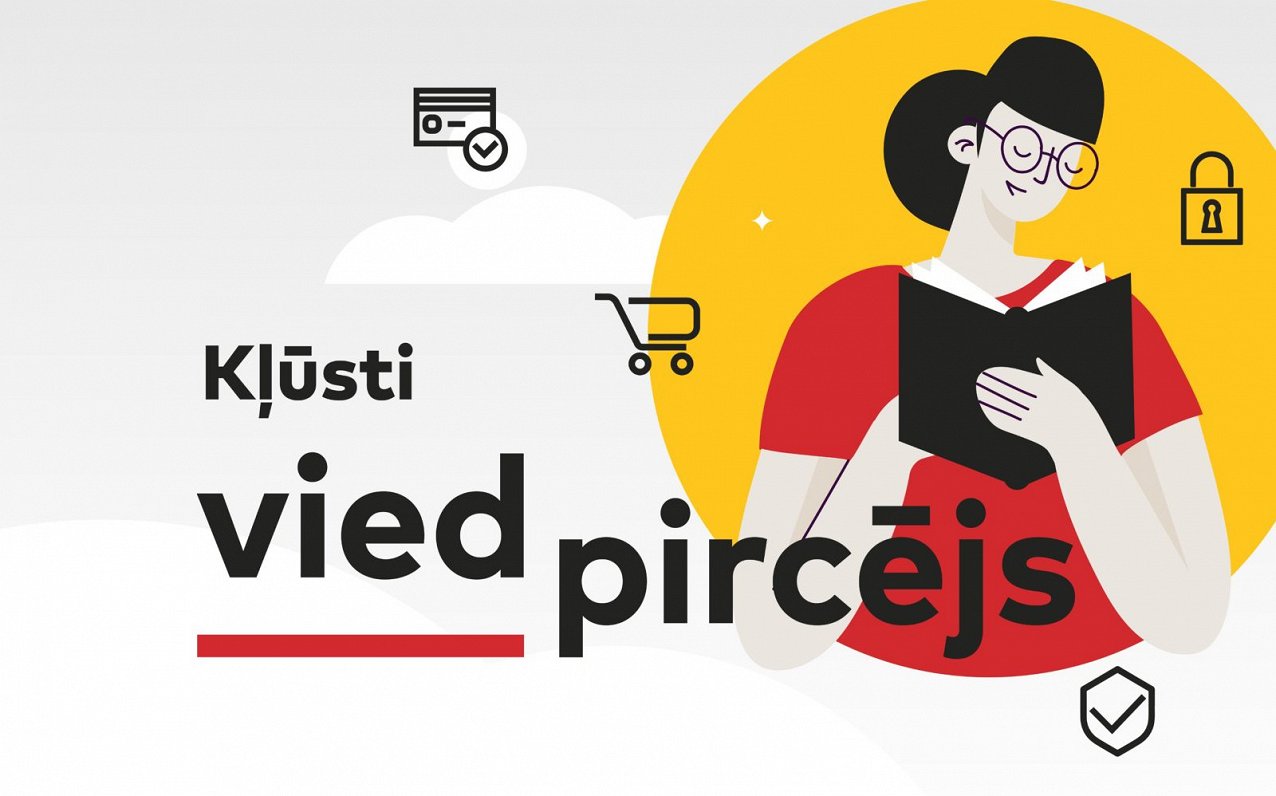Food, clothing or household goods – Internet purchases are getting more and more popular, especially due to restrictions on COVID-19. Many people appreciate the possibility of catching deals online - a long-awaited sale, or just a great deal when usually extremely expensive goods are sold at incredibly low prices.
Security experts say, however, that if anything seems too good to be true, it's very likely that there's a hook out there.
“It is essential to understand how trusted this Internet store is; if it is a new site, I would certainly recommend that we look at the address first, because even a visible and known Internet store can only change one letter and be a different site, it will be a fraudsters' site,” said Cyber Circle Chief Executive Aleksandrs Orlovs.
Digital security professionals say - one cyber attack takes place every 39 seconds around the world. Very often, different customer accounts of stores or service providers are hacked.
“People are registered on so many different portals and services today that no one even knows how many places they are on, let alone remember passwords, so you mostly use weak passwords or the same password. As a result, passwords are sold to attackers, they take a combination of user name and password and try to log on other sites in that way," said Cert.lv cybersecurity expert Andrejs Konstantinovs.
One of the ways you can check your safety is the Monitor.firefox.com website, where you can check whether your e-mail passwords have ever been stolen or involved in a cyber-attack.
If suspicious results appear, it is important to change all passwords, complicate them by using digits and symbols.
Always consider whether an e-shop requires to enter more information than needed. It may indicate that the store is fraudulent or hacked for stealing user data.
“There's only a small set of information that's needed to make a purchase, so be careful: If the store asks for more information than you share everyday, definitely cancel the deal. And the other thing, when you make a transaction, do not save the details on the site,” said Orlovs.
In turn, banks remind everyone to monitor their account daily and inform banks of suspicious transactions immediately. This will enable you to recover the stolen money and draw the attention of banks and security professionals to the website in question.
Photos: campaign materials






























